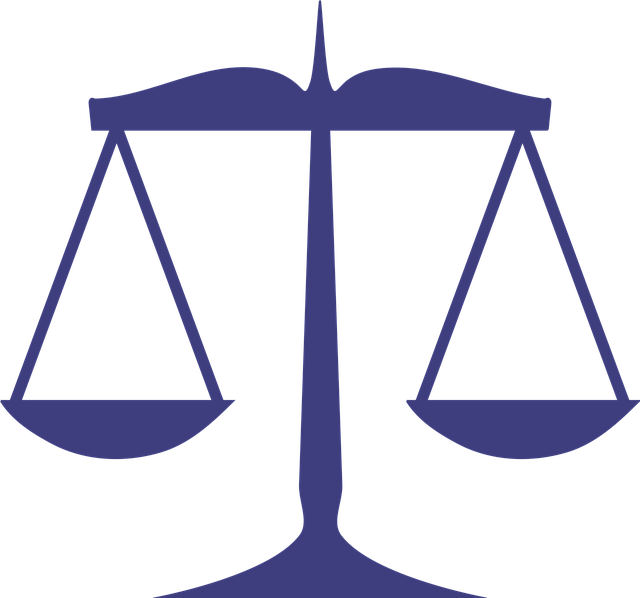Regulatory compliance is paramount for businesses facing penalties for non-adherence to data privacy, environmental, financial, and industry-specific laws. Class action lawsuits against large organizations require understanding affected laws, seeking legal counsel, conducting internal audits, staying legislative updates, training employees, and implementing robust controls. Evidence gathering involves documenting facts, policies, and procedures. Navigating settlement decisions with informed choices about participation, risks, and costs is crucial, often supported by philanthropic and political communities.
Regulatory compliance issues can have significant impacts on businesses, leading to legal complexities and financial burdens. This article guides you through critical aspects of managing such challenges, including understanding regulatory requirements, identifying potential class action lawsuits, gathering evidence, navigating legal procedures for settlement, and the steps to join a class action lawsuit. By following these steps, organizations can effectively mitigate risks and ensure compliance with evolving regulations.
- Understanding Regulatory Compliance Issues
- Identifying Potential Class Action Lawsuits
- Gathering Evidence and Building a Case
- Navigating Legal Procedures for Settlement
Understanding Regulatory Compliance Issues

Regulatory compliance issues are a significant concern for any business operating within a structured legal framework. It involves adhering to laws, rules, and regulations set by governing bodies to ensure fair practices and protect consumers. These regulations cover various aspects, including data privacy, environmental standards, financial reporting, and industry-specific guidelines. Non-compliance can lead to severe consequences, such as hefty fines, legal suits, and even a complete dismissal of all charges against the business.
For organizations facing regulatory challenges or those considering joining a class action lawsuit, understanding these issues is crucial. The first step is to thoroughly review and comprehend applicable laws in their respective industries. This process involves seeking legal advice, conducting internal audits, and staying updated on legislative changes. Additionally, businesses should focus on implementing robust internal controls and training employees to ensure they understand their roles in maintaining compliance. By taking proactive measures, companies can mitigate risks and navigate high-stakes cases effectively, thereby fostering a culture of ethical conduct and regulatory adherence across all operations.
Identifying Potential Class Action Lawsuits

Identifying potential class action lawsuits is a crucial step for both corporate and individual clients aiming to navigate complex legal landscapes. These high-stakes cases often arise from alleged wrongdoings by large organizations, with the collective force of numerous plaintiffs seeking redress. The process begins with careful analysis of relevant laws and regulations to determine if a company or individual has been affected by systemic misconduct.
By understanding the criteria for joining a class action lawsuit, those facing legal challenges can take proactive measures. This involves staying informed about industry standards and keeping abreast of legislative changes that might trigger liability. Legal professionals play a pivotal role in guiding clients through this process, ensuring they meet the requirements to be part of a winning challenging defense verdict, ultimately protecting their rights and interests.
Gathering Evidence and Building a Case

Gathering evidence and building a case for regulatory compliance issues is a meticulous process that forms the backbone of any legal strategy. The first step involves meticulously documenting all relevant facts, policies, and procedures within an organization to establish adherence to regulations. This includes reviewing internal documents, communication records, and financial data. By collecting comprehensive documentation, individuals or groups facing regulatory charges can demonstrate their commitment to compliance.
For those considering joining a class-action lawsuit, understanding the evidence is crucial. Class action lawsuits involving high-stakes cases, such as white-collar defense, often rely on collective proof to secure a complete dismissal of all charges. This collaborative approach leverages shared experiences and damages to strengthen the case, providing individuals with a powerful tool to assert their rights and seek justice.
Navigating Legal Procedures for Settlement

Navigating legal procedures for settlement is a crucial step in addressing regulatory compliance issues, especially when considering steps to join a class action lawsuit. This process involves a series of strategic maneuvers designed to protect the rights and interests of individuals or entities affected by non-compliance. By joining a class action, individuals can collectively assert their claims against the responsible party, often a large corporation involved in white collar defense strategies.
The first steps involve thoroughly understanding the allegations and the scope of the regulatory violation. This includes reviewing legal documents, settlement agreements, and any relevant evidence to assess the viability of participation. Once informed, individuals or businesses can make an educated decision on whether to join the lawsuit, considering potential benefits, risks, and costs associated with the respective business activities they engage in. Philanthropic and political communities often play a role in shaping these decisions by providing support and guidance throughout the legal process.
Regulatory compliance issues can have significant implications, but understanding the process of identifying, gathering evidence, and navigating legal procedures is key to mitigating risks. By being proactive in these areas, businesses can not only avoid potential class action lawsuits but also build trust with their stakeholders. Following the outlined steps, from understanding regulatory compliance to joining a class action lawsuit, organizations can effectively navigate complex legal landscapes and ensure long-term success.






